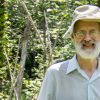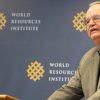Rewriting Our Cultural Narrative: William Rees (#105 Encore)
How big is your ecological footprint? Probably bigger than you think. After all, out of sight, out of mind. As an originator of ecological footprint analysis, population ecologist William Rees knows a thing or two about our impact on the planet. In this interview he provides some fascinating, and surprising insights.
This is one of our best episodes from season one. We’re sharing these while we take a break between seasons 2 and 3. Help ensure there IS a season three by pitching in with a tax-deductible donation during our Tap the Brightest Minds campaign. Thank you.
Did you know most of us in the industrialized world have a footprint three or four times our fair share? Or that the “global economy is a giant Ponzi scheme?” It turns out localized economies have their advantages over globalization. William Rees points out that globalization has allowed concentrated populations to extend their footprints all over the world. “We’re seeing growth in human technological capacity and human populations and the scale of the economy that’s completely unprecedented.”
“Cultural narrative” is our understanding of how the world works. What’s important to us? How do we define success, progress and happiness? Rees observes that our current narrative is the worldview that neverending growth in income, and growth in the scale of the human project, are desirable and possible. We’re naturally optimistic, and short-sighted, so we’re inclined to live in denial of the physical realities of our world. We’d “rather have a party now, than worry about having parties ten, fifteen, thirty years from now.”
Rees raises the question, “are we an intelligent species?” If we are, then it’s time to rewrite our cultural narrative. The very wealthy in our society actually have a moral obligation to scale back, “to free up ecological space so that the poor, who have a right to grow, are able to do so.”
More About William Rees:
William E. Rees has been Professor at the University of British Columbia since September 1969. He is currently Professor in the College for Interdisciplinary Studies, School of Community and Regional Planning. He is a Member of the International Society for Ecological Economics and the Canadian Society for Ecological Economics. Rees was elected a Fellow of the Royal Society of Canada in 2006, was awarded the 2012 Boulding Prize in Ecological Economics and a 2012 Blue Planet Prize. His book, Our Ecological Footprint: Reducing Human Impact on the Earth, co-authored with Mathis Wackernagel, is more relevant today than ever.
Photo by Nick Wiebe (Own work) [CC BY-SA 3.0]




